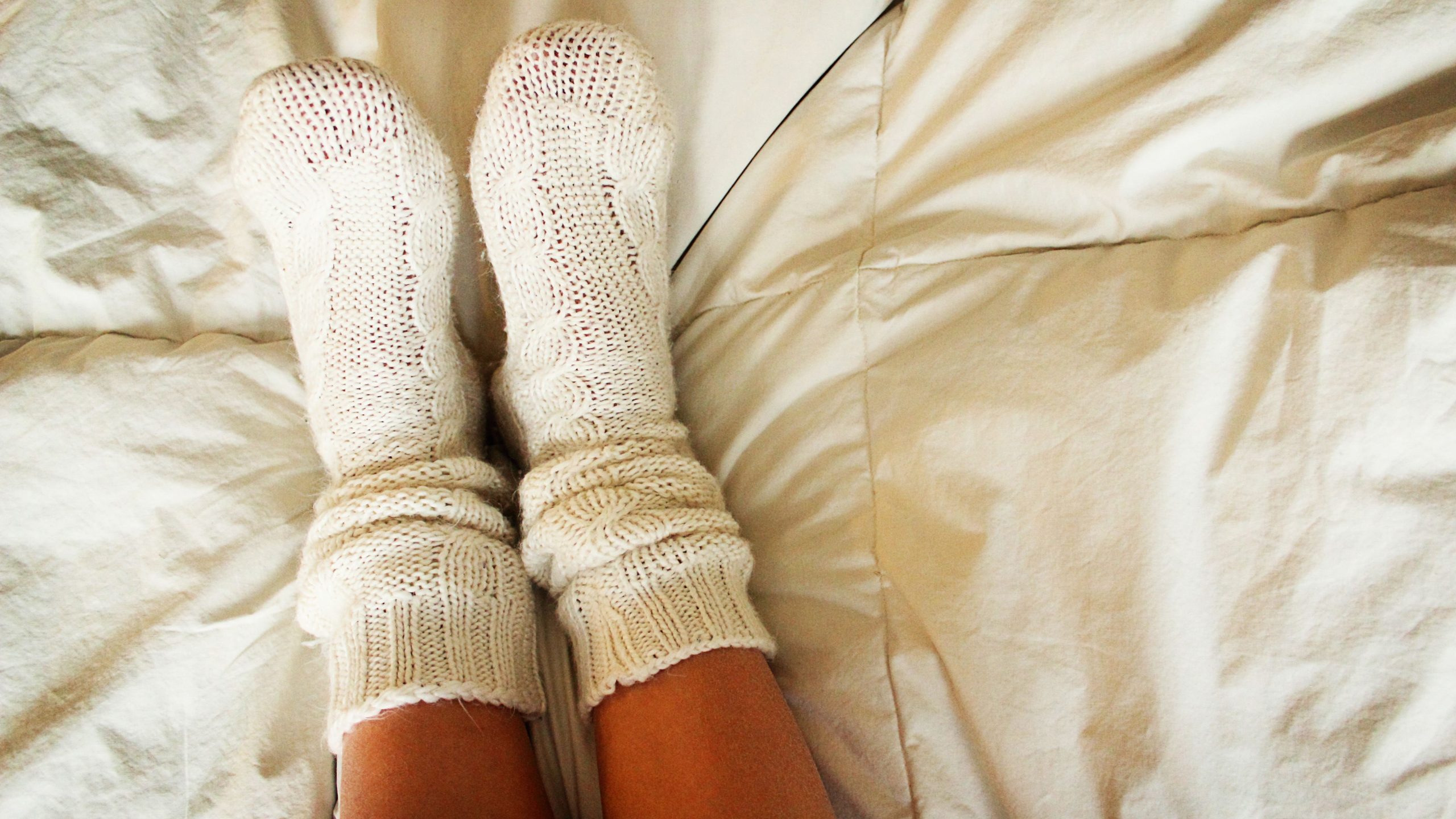
Sleep is essential to maintain good health and well-being throughout your life. What occurs when you are asleep influences how you feel when you are awake. Your body is working to support optimal brain function and keep you physically healthy while you sleep. Sleep supports growth and development in kids and teenagers. Over time, insufficient sleep can increase your chance of developing chronic (long-term) health issues. Additionally, it may impact how well you reason, act, work, learn and interact with others. Some top hacks to fall asleep are very essential to us.
First, it improves brain function.
We are more focused and attentive after a restful night’s sleep. Making decisions and addressing problems are tasks. But when we don’t get enough sleep, our brain functions poorly. We react slowly and are “foggy.” Chronic sleep deprivation might affect our judgement, which can cause fatal mishaps. One of the main factors contributing to fatal auto accidents is being fatigued. You can try top hacks to fall asleep for a superior experience.
Controls emotions.
We have better emotional and behavioural control when we are well-rested. Without enough sleep, for instance, adults could experience mood swings, while kids might act out or have social difficulties. Lack of sleep is risky to behavior, suicide, and depression.

Minimises the risk of getting sick.
Additionally, chronic sleep deprivation increases a person’s risk of developing heart disease, kidney illness, high blood pressure, diabetes, and stroke. Lack of sleep also affects our immune system.
Slumber Lessens Stress
A good night’s sleep might help you relax. It enhances decision-making and judgement, modulates mood, and enhances concentration. Lack of sleep affects our ability to handle stressful events and mental acuity. It is caused in part by the effects of persistently high cortisol levels.
Our cortisol levels increase when we obtain poor-quality sleep. In the short term, high amounts of cortisol are beneficial because they increase alertness and vigilance, heart rate, and blood pressure, but over time, they can lead to systemic inflammation and upset our hormonal balance.
Sleep Enhances Memory
Sleep affects how memories are processed. Sleeping gives the brain a chance to process everything we have been exposed to while awake. It also causes brain changes that strengthen the neural connections in the areas of the brain.
Sleep Could Prevent Disease
Obesity and chronic diseases like diabetes and heart disease have insomnia. It can have a highly negative impact on one’s health. The pernicious aspect of sleep deprivation is that you frequently don’t notice its side effects until it’s too late. The harm grows as you miss ever-increasing amounts of sleep and progress through the stages of sleep deprivation.





